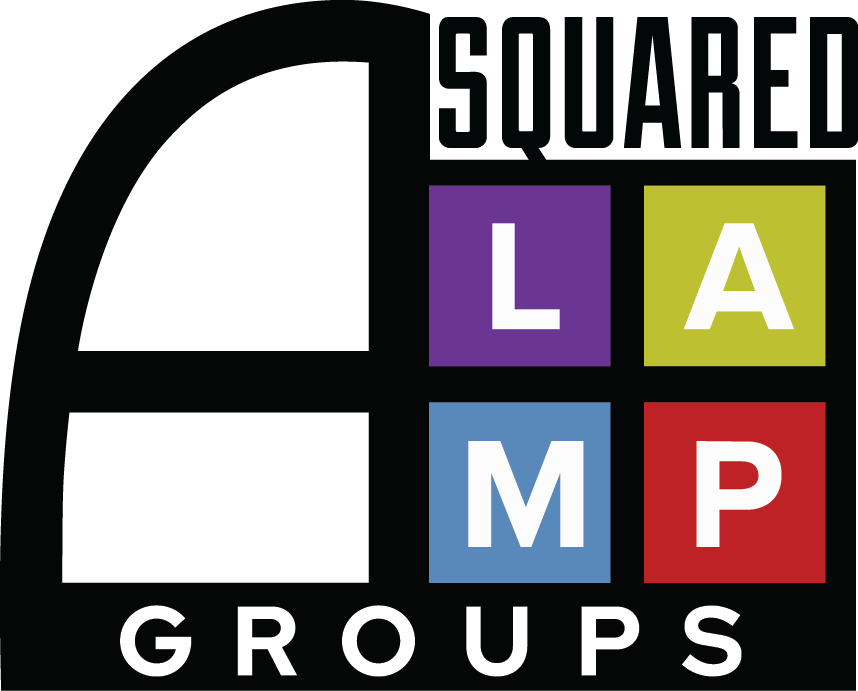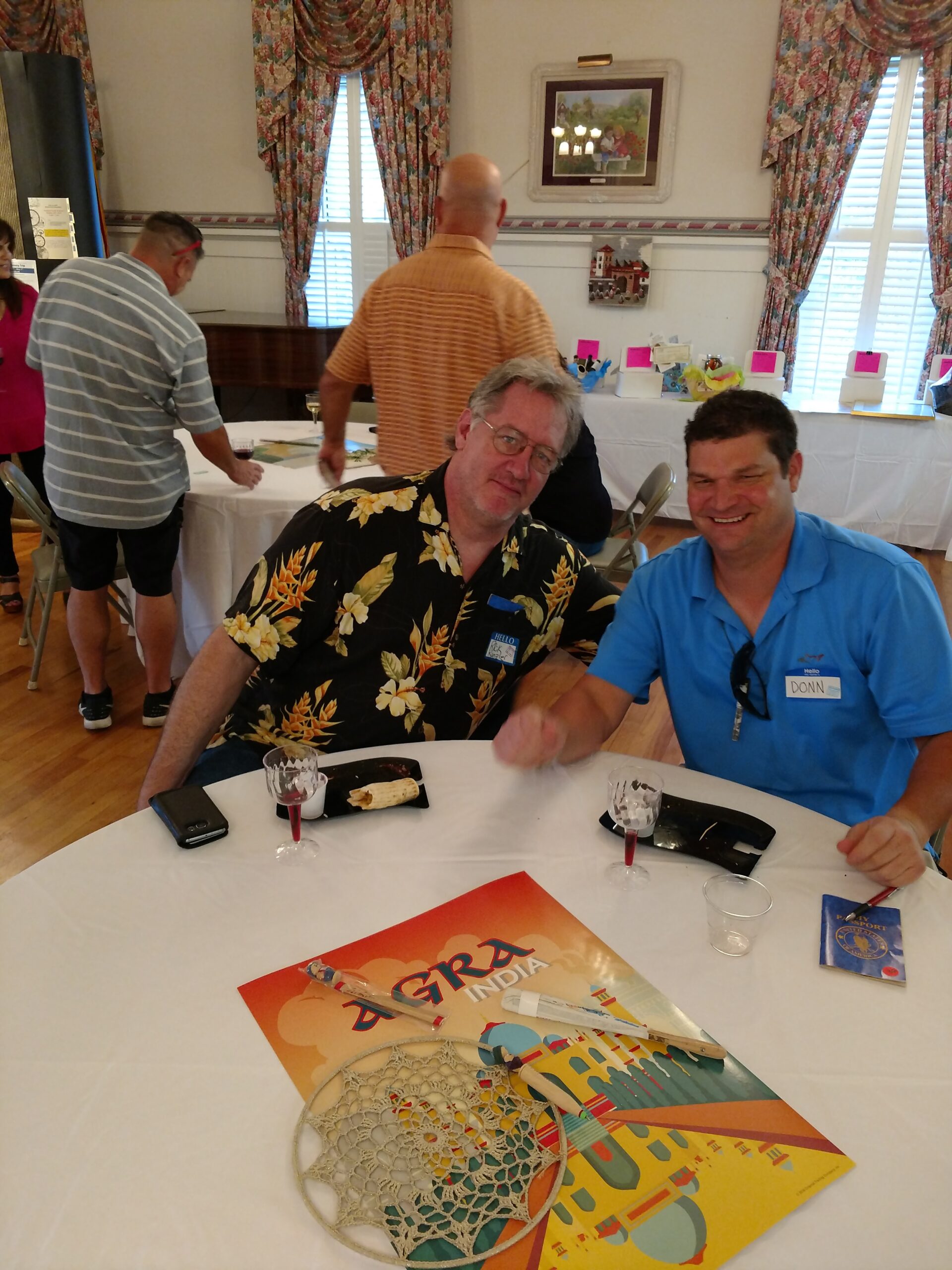“Get off the Bench”
By Susan Zytnik-Kunzler; ACC, BCC, MSOL
 If you read our first article, written by John Boggs, MAT, MSOL, you now know a great deal about why it is important to look at this topic. But it’s not enough to just read about something. To be a great leader, you must learn by practicing the skills necessary to hone and customize it to your own leadership. To help you practice what John wrote about, we introduce the following skill to practice along with a strategy to practice it. Future articles with introduce other leadership skills. Let’s begin with our first one.
If you read our first article, written by John Boggs, MAT, MSOL, you now know a great deal about why it is important to look at this topic. But it’s not enough to just read about something. To be a great leader, you must learn by practicing the skills necessary to hone and customize it to your own leadership. To help you practice what John wrote about, we introduce the following skill to practice along with a strategy to practice it. Future articles with introduce other leadership skills. Let’s begin with our first one.
Leadership Skill 1. One of the most powerful tools a leader can learn is the tool of “priming.” In the engine of the everyday function of the workplace, everything just runs more smoothly when the leader knows how to ready his or her own mindset. And in the practice of turning this mindset skill into an unconscious competency, priming can also set an example for teams to follow the practice and become more powerful, too. It cleans the engine of operations and removes built-up resistance that makes it work harder to accomplish the same progress it needs to in an organization. Priming helps actively put one’s ego in check and actively opens oneself up to right decision-making, appropriate responses, and the ability to learn from others.
What is Priming? Priming refers to the practice, or skill, of delaying action until positive alignment of mindset, attitude, and interaction is reached prior to acting. In the case of aspirational leaders who naturally ooze optimism, delaying their actions until others around them are positively supporting it can seem frustrating at best – like herding willful cats. For leaders who focus most on goal-oriented “do-it-now” activity, delaying action feels wrong and causes anxiety that can erupt into bulldozer-like behavior that undermines their leadership despite seeming compliance. The key to effective priming is this: To build time and space into every act, communication, and plan where others need to contribute. The best way to practice this is to focus on shifting one’s own mindset as a leader so that optimism, authenticity, and humbleness is balanced enough to allow for connection with others. Without those three essential mindsets, a leader cannot and will not be able to hear the whole truth, the entire story or perspective, and the contributions of others to shape an initiative for success that flows unresisted from within.
Priming as a skill involves formulating the right inner reflections, as well as balancing one’s expertise and experience against the idea that one cannot know everything. These are embodied in the three essentials: optimism, authenticity, and humbleness.
 How do I start to “prime” myself for optimism,
How do I start to “prime” myself for optimism,
authenticity, and humbleness to lead more powerfully? Inner reflection and alignment is the key. This does not take the form of strategic planning and thinking to get others onboard. It does not take the form of making oneself and one’s idea more appealing to draw others in. Both are manipulations of ideas and people, not true interactive and trusted leadership. Rather, priming begins with regular reflection time that digs deeper within oneself to draw oneself more fully and personally into the process as one leads with better connection to self and others.
Below is a short reflection guide with a link to a worksheet that will help you begin the process of “knowing yourself” and building stronger interactive space into your leadership practices.
Step One: Observation.
(What am I tolerating that is clouding judgment about myself/others/situations?)
Step Two: Ownership.
(How can I activate clarity and change my behavior in one area that will improve myself/situation?)
Step Three:
Experimentation.
(Who might notice; where will impact of my new behavior be most felt; and did anything change?)
Step Four:
Reality-checks.
(Which assumptions must I challenge about changes resulting from my new behavior; how can I test it?)
Download a free Toleration Worksheet
Susan Zytnik-Kunzler, ACC, BCC, MSOL is a twice-credentialed coach with a specialization in career coaching. She is highly experienced in leadership development and is the founder of A-Squared LAMP Groups, a 501(c)3 charity that provides professional and organizational development through coaching, training, consulting, startup incubation, and providing targeted systems & resource access. She has over 30 years experience working and developing new and established leaders and about 10 years helping new startups and helping people get the career they want.






